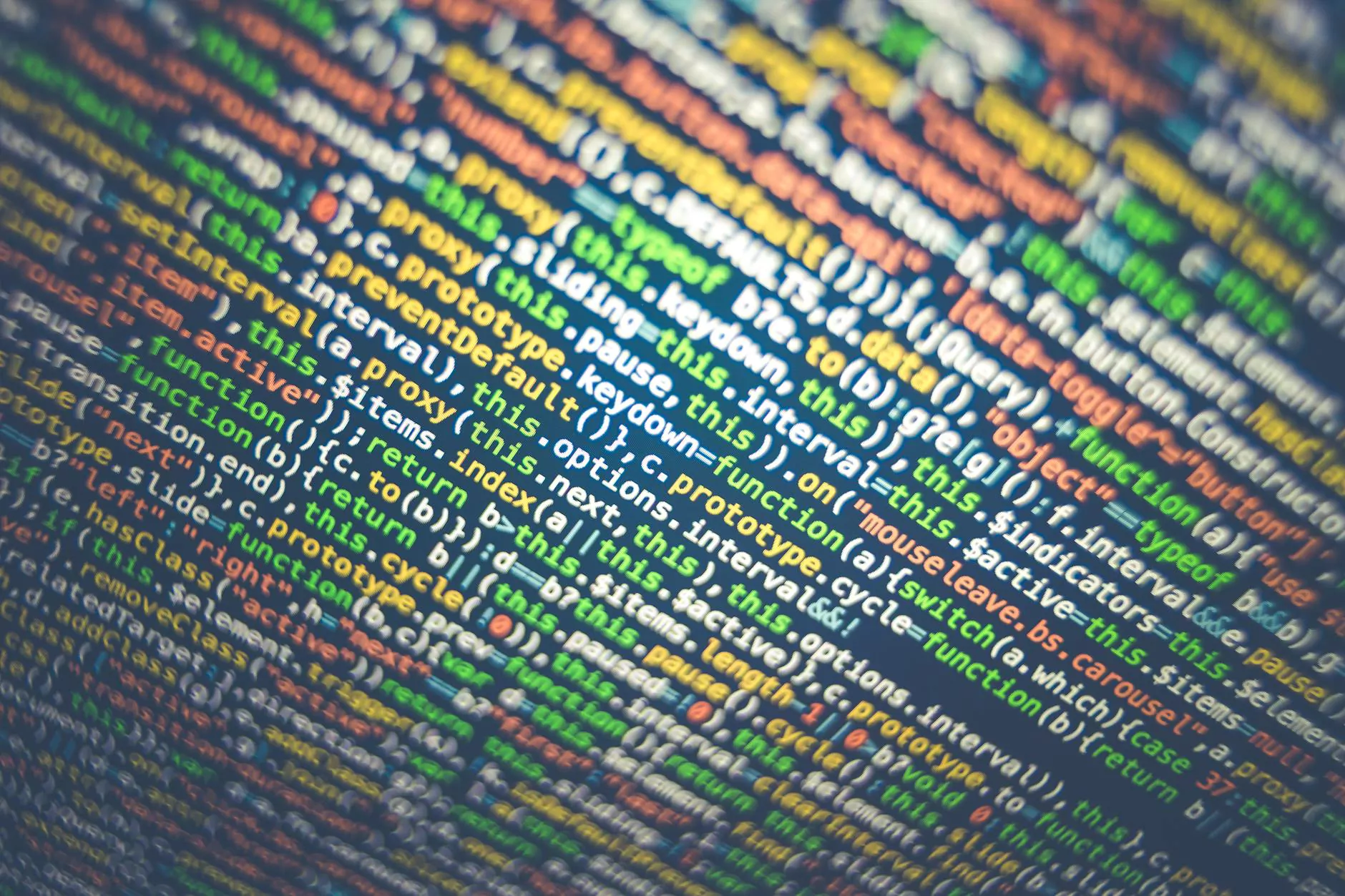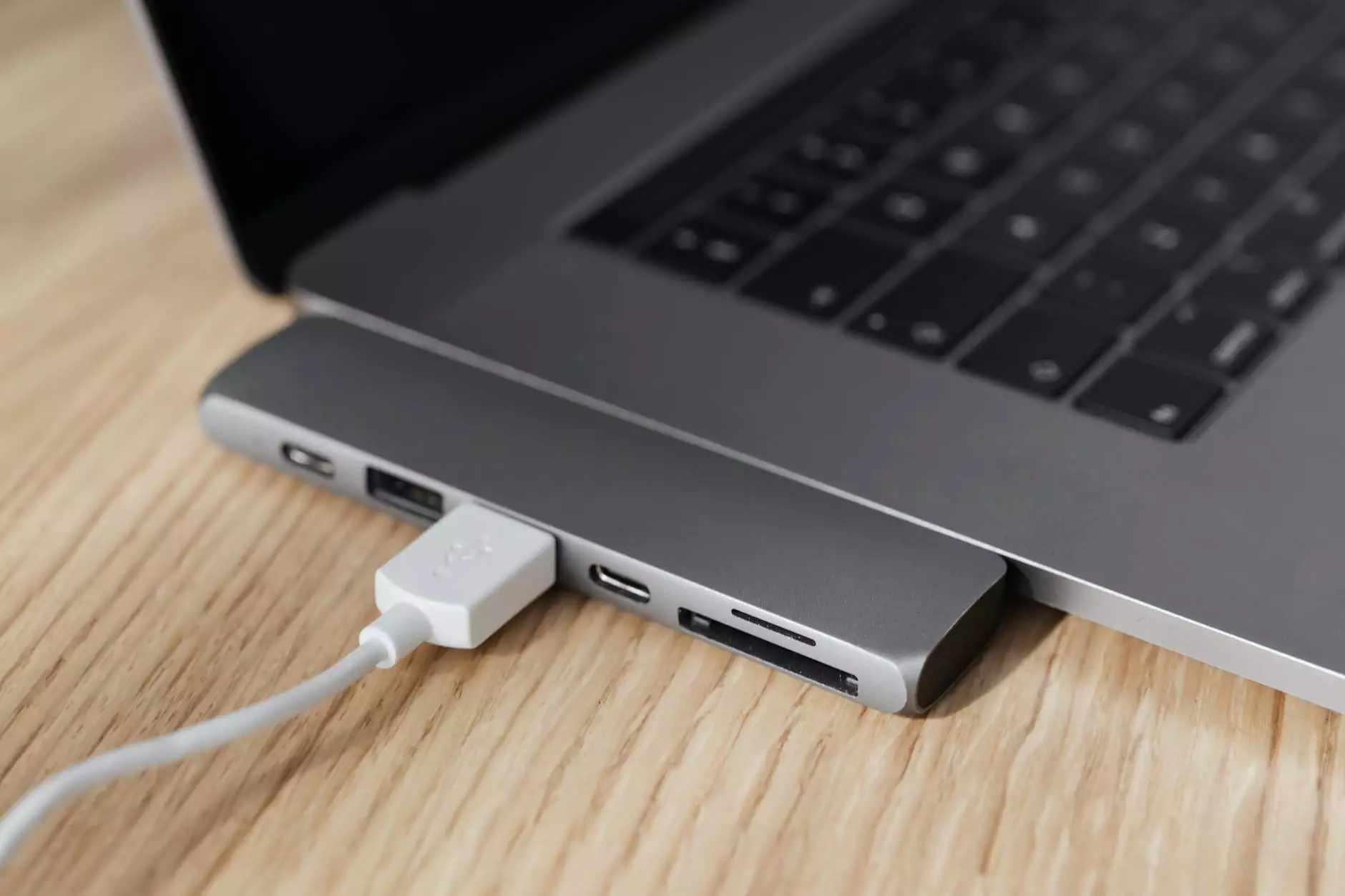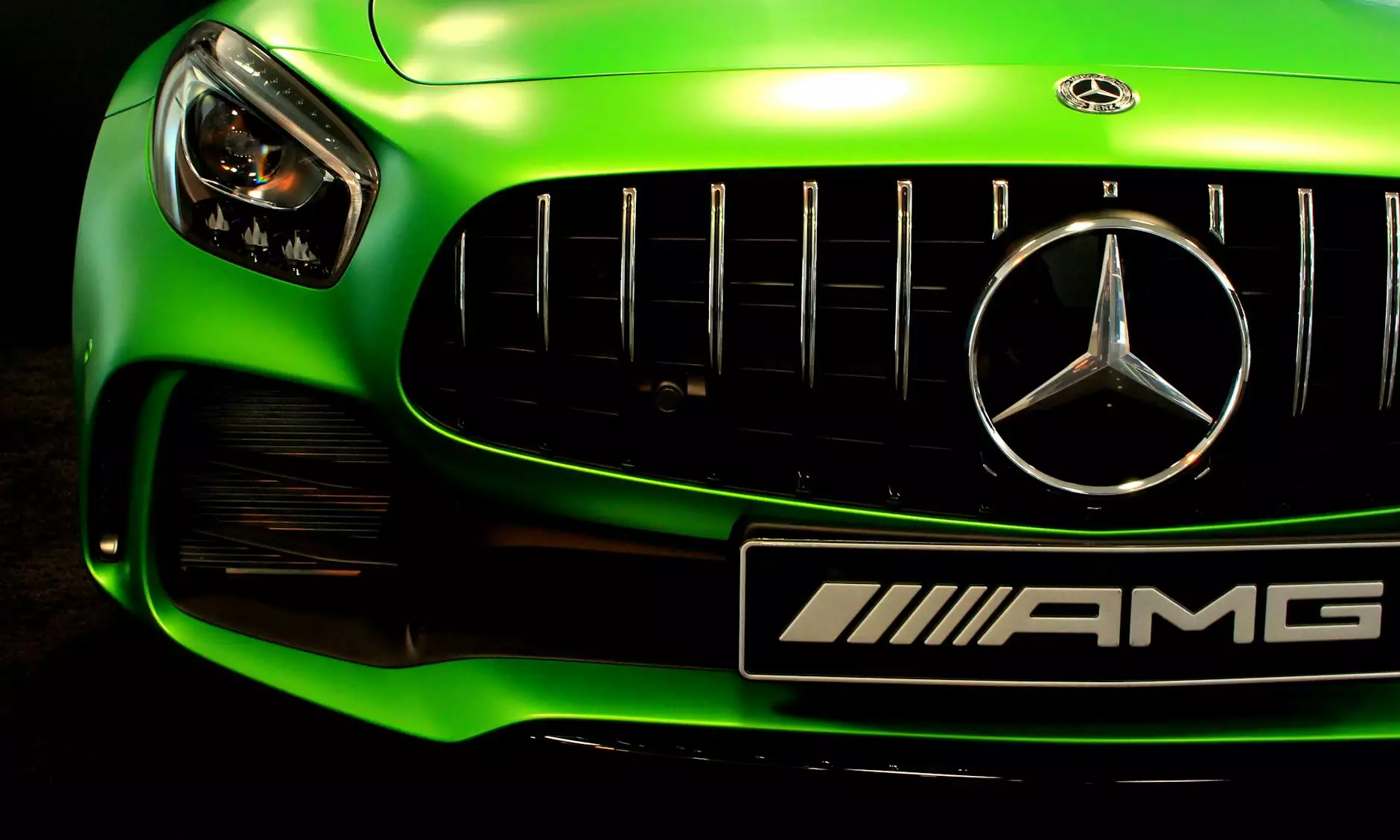Is USB-C Faster Than USB?

When it comes to the world of charging technology, the debate over whether USB-C is faster than USB has been a hot topic. With the increasing number of devices adopting USB-C ports, users are curious to know if this new standard provides quicker charging speeds compared to traditional USB connections.
Understanding USB-C and USB
USB-C stands for Universal Serial Bus Type-C, which is a new industry-standard connector for transmitting both data and power. Compared to older USB-A and USB-B connectors, USB-C is more versatile and reversible, making it easier to plug in without worrying about orientation.
On the other hand, USB (Universal Serial Bus) refers to the family of connectors and cables that have been widely used for various devices over the years. The most common USB connections are USB-A and USB-B, offering reliable connectivity but lacking the versatility and speed of USB-C.
Charging Speeds Comparison
One of the primary reasons users are interested in knowing whether USB-C is faster than USB is charging speeds. Here's a breakdown of the differences:
- USB-C Charging Speeds: USB-C can support higher power outputs compared to traditional USB connections. This means that devices with USB-C ports can potentially charge faster, especially when paired with compatible power adapters.
- USB Charging Speeds: While USB-A and USB-B connectors have served users well in the past, they may not provide the same charging speeds as USB-C due to limitations in power delivery.
How Much Faster Is USB-C Than USB 3?
When comparing USB-C to USB 3.0, the difference in charging speeds becomes more evident. USB-C can deliver higher power levels, resulting in faster charging times for compatible devices. If speed and efficiency are essential for your charging needs, opting for USB-C over USB 3.0 can make a notable difference.
Is USB-C Faster Than USB for Charging?
Whether USB-C is faster than USB for charging ultimately depends on the devices being used and their compatibility with the respective connectors. Many modern smartphones, tablets, and laptops are equipped with USB-C ports to take advantage of faster charging capabilities.
It's essential to check the specifications of your devices to determine if they support USB-C and whether they can benefit from the faster charging speeds it offers. With the increasing popularity of USB-C, more manufacturers are transitioning to this standard to provide users with a better charging experience.
Conclusion
In conclusion, USB-C does have the potential to charge devices faster than traditional USB connections. Its higher power output and versatility make it a preferred choice for many users looking for efficient charging solutions. However, the actual charging speed may vary depending on the device and its compatibility with USB-C technology.
As technology continues to evolve, it's essential to stay informed about the latest standards and connectors available to make the best choices for your charging needs. Whether USB-C is faster than USB or not, both standards play a crucial role in powering our devices and keeping us connected in the digital age.



